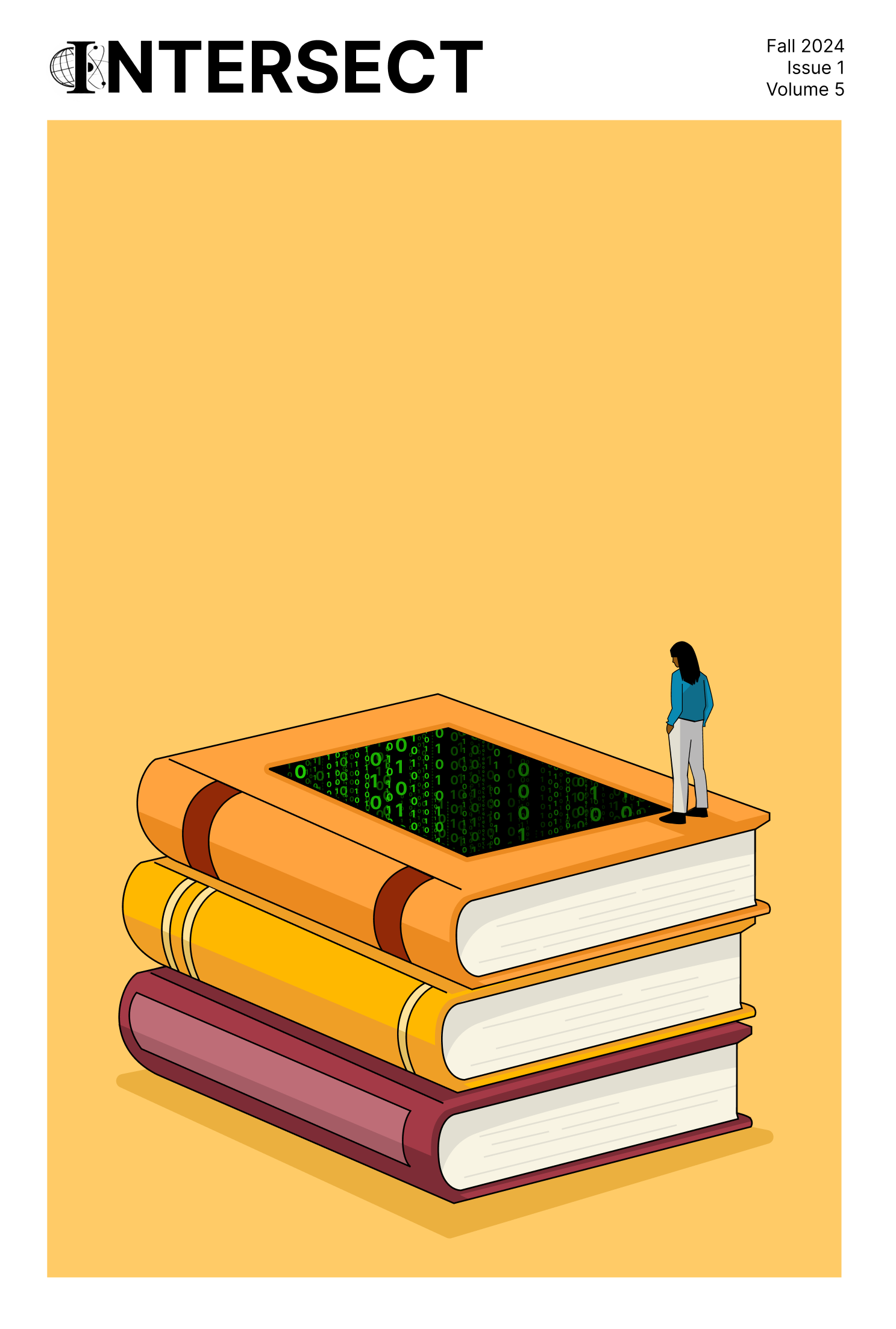Is Human Safety Worth an Animal’s Pain
Abstract
The use of animal testing has proven to be an ethical war with the autonomy of animals and the questionable superiority of humans. Exploring the moral dilemma of animal testing, this essay specifically fights to find answers as to why human lives justify the pain and suffering inflicted upon animals for our benefit. While animal testing has led to significant medical advancements, including using “humanized mice” for immune system research, the essay also considers the moral and ethical implications. The overall reliability of animal testing questions the ethical standpoint of highly regarded research and whether it is worth putting another living being through pain. It posits that while animal testing has contributed to human health and safety, it remains a contentious practice fraught with ethical concerns.
Downloads
Published
Data Availability Statement
N/Aa
Issue
Section
License
Copyright (c) 2025 Intersect: The Stanford Journal of Science, Technology, and Society

This work is licensed under a Creative Commons Attribution-NonCommercial-NoDerivatives 4.0 International License.
Authors who publish with this journal agree to the following terms:- Authors retain copyright and grant the journal right of first publication with the work simultaneously licensed under a Creative Commons Attribution License that allows others to share the work with an acknowledgement of the work's authorship and initial publication in this journal.
- Authors are able to enter into separate, additional contractual arrangements for the non-exclusive distribution of the journal's published version of the work (e.g., post it to an institutional repository or publish it in a book), with an acknowledgement of its initial publication in this journal.
- Authors are permitted and encouraged to post their work online (e.g., in institutional repositories or on their website) prior to and during the submission process, as it can lead to productive exchanges, as well as earlier and greater citation of published work (See The Effect of Open Access).

